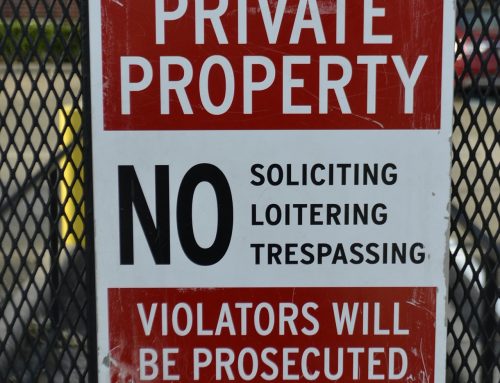Recently, a judge ruled against pop artist Kesha (Ke$ha) in her desire to break her contract with the label of producer Lukasz “Dr. Luke” Gottwald. Kesha’s civil suit arose from accusations that Dr. Luke sexually assaulted her over several years. Currently, Kesha is still bound by her contract to provide 6 additional albums to Dr. Luke’s label.
According to the Los Angeles District Attorney’s office, though Kesha lost the civil suit, she is still within the statute of limitations should she choose to press criminal charges. The allegations put forward by Kesha include being forced to snort an “illicit drug” before a flight, and several instances of sexual assault and rape while she was under the influence of GHB.
Dr. Luke contends that the allegations are “horrendous and untrue.” His lawyers point to the fact that no allegations of assault were reported to police during the 10-year span they were alleged to have occurred. Additionally, Dr. Luke’s lawyers state that Kesha previously swore under oath, while accompanied by her lawyers, that “it never occurred.”
If Kesha decides to take her allegations to criminal court, Dr. Luke may find himself facing some very serious charges. The worse, by far, will be California Penal Code 261 PC, California’s Rape Law. Rape is defined in California as “non-consensual sexual intercourse by means of threats, force or fraud.”
Rape is always a felony in California and includes several penalties, including: formal probation with up to a year in county jail or 3 to 8-years in California state prison. Additionally, if the rape results in the victim sustaining “great bodily injury,” a defendant can face an additional 3 to 5-years in state prison, a fine of up to $10,000 and a possible “strike” on their record under California’s “Three Strikes Law.”
Last but not least, those who are convicted of rape also face mandatory registration as a sex offender.






